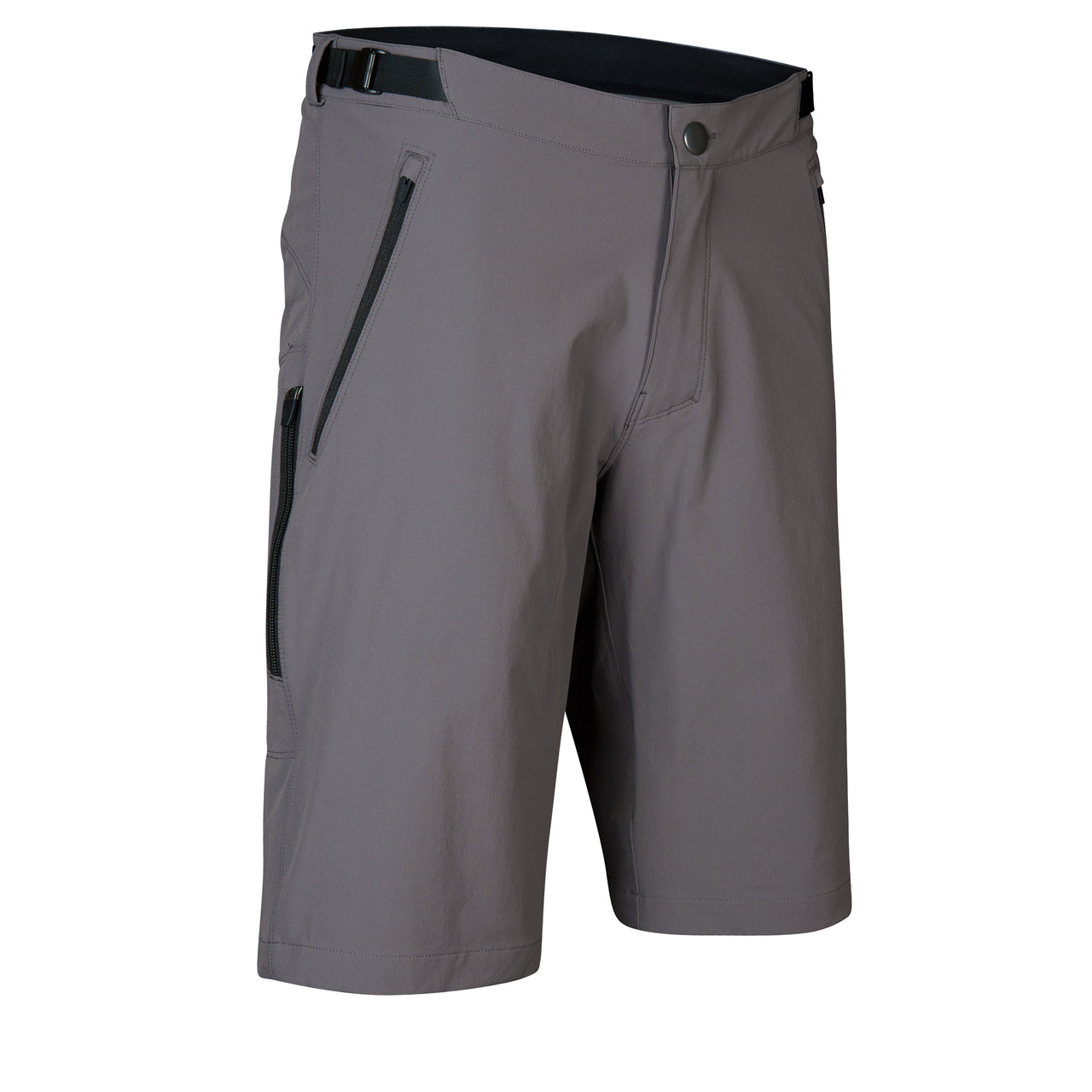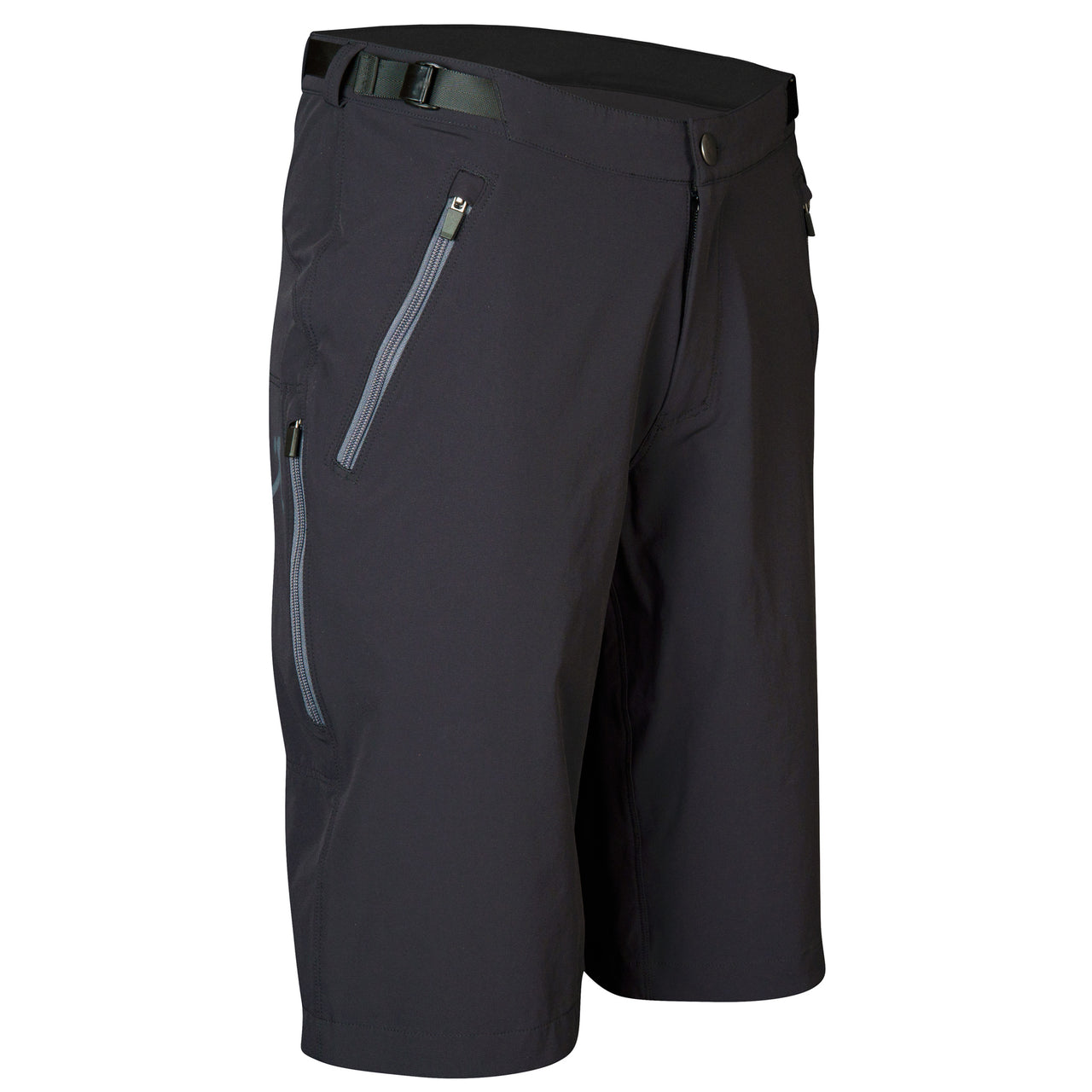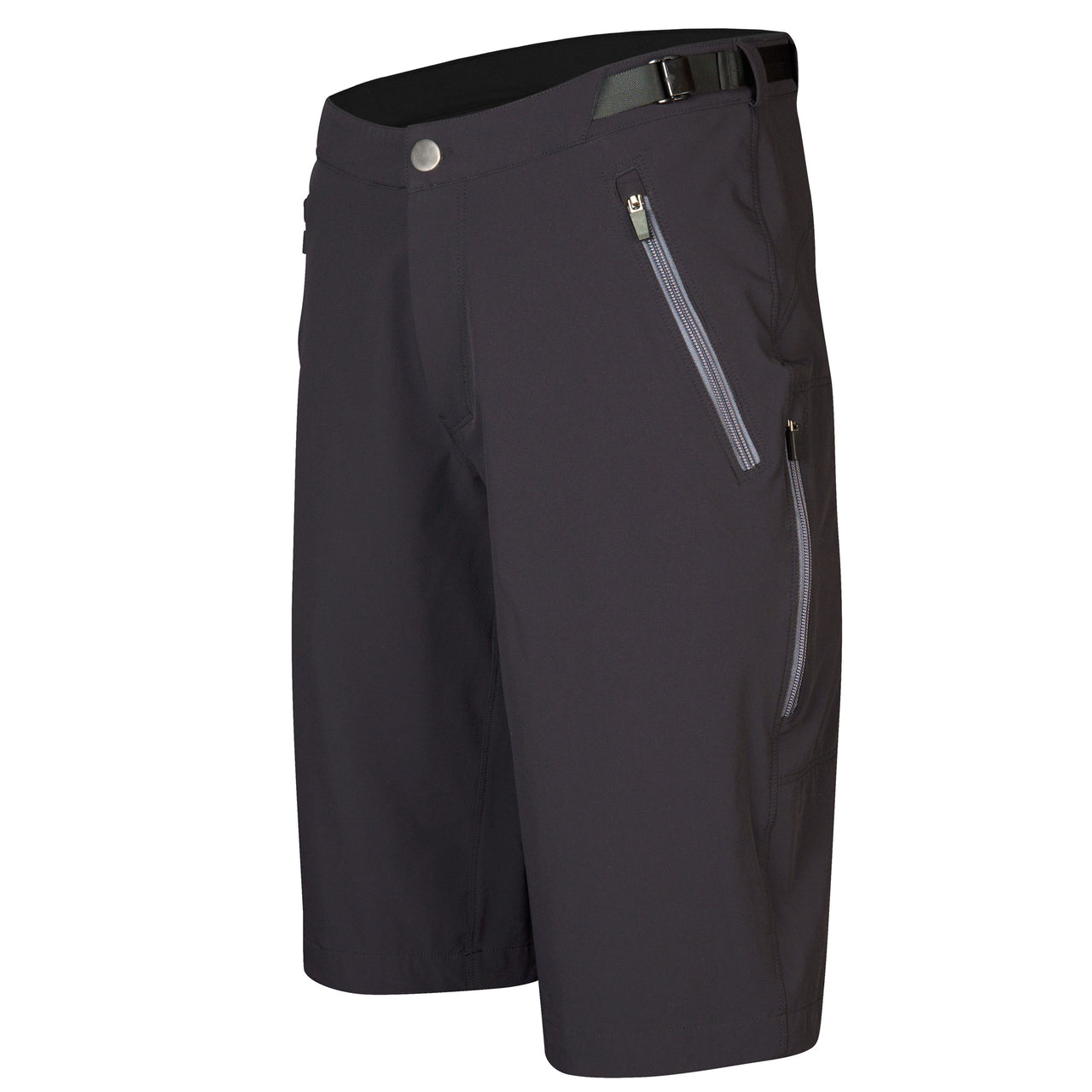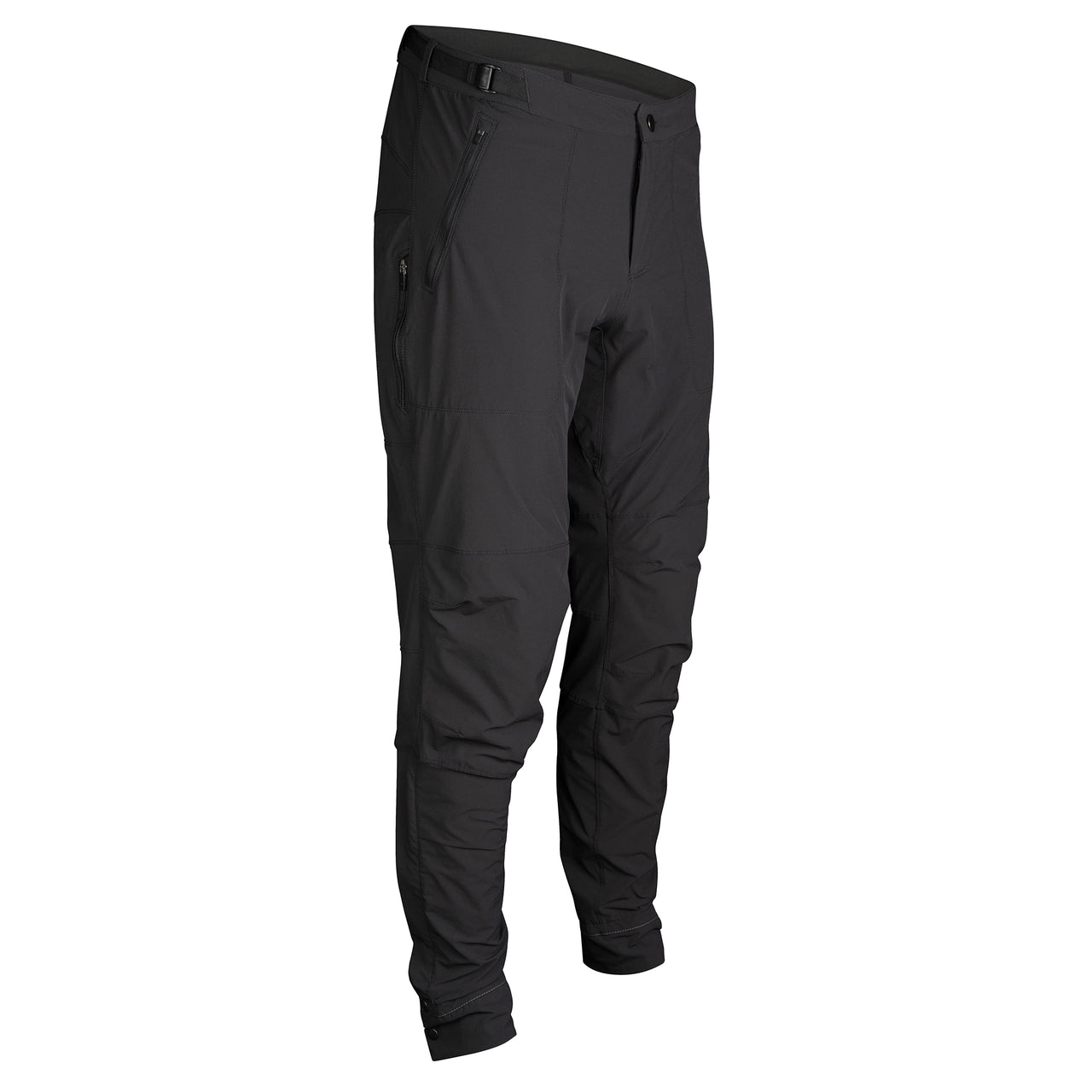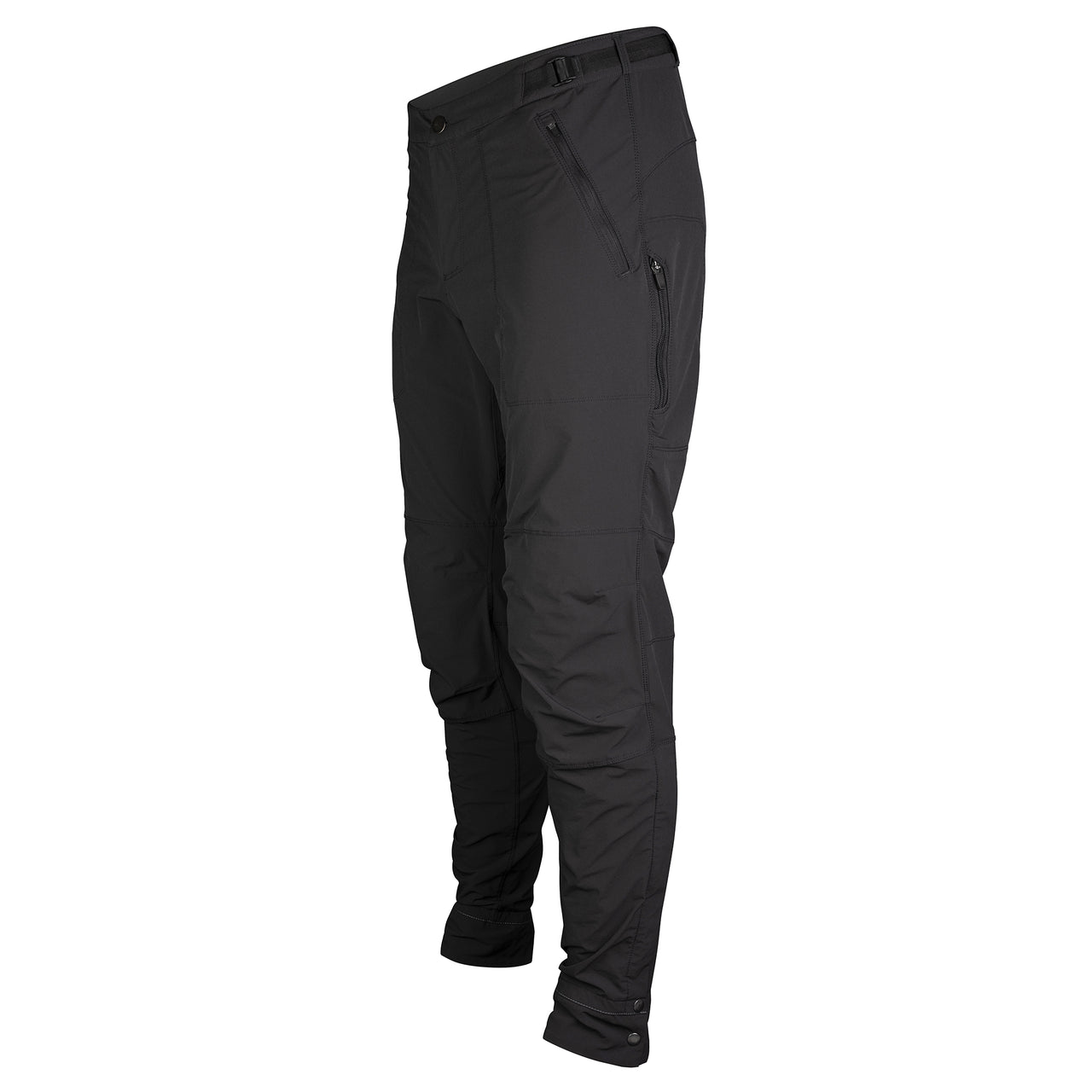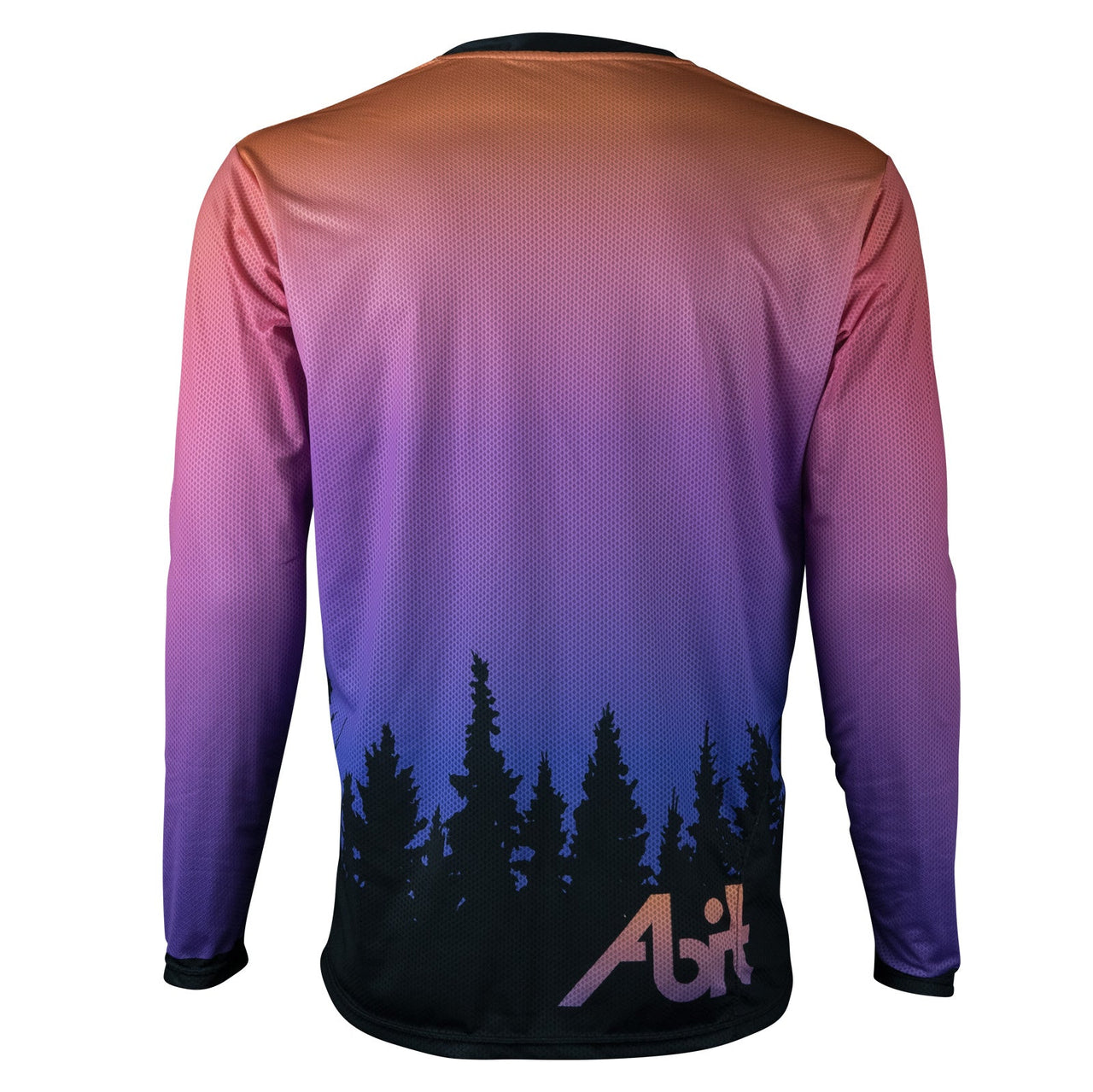Tale #12: When Hikers Ruled the Trails by Paul Andrews

Back in the early 1990s at the dawn of PNW mtb, only three trails were open to mountain biking on Tiger Mountain—and even then for only half the year. You read that right. You could ride on Iverson, Preston and NW Timber from April 15 to October 15. Otherwise nada. Even this limited window was seen as a bitter compromise by the people who controlled access to Pacific Northwest trails—environmentalists and hiking zealots.
One day I was riding down NW Timber trail when I came upon a hiker approaching the opposite direction. Back then hiking was a serious, almost religious pursuit, and many hikers considered mountain bikes an abomination. Yielding to hikers wasn’t just a rule of trail etiquette for mountain bikers, it was an act of figurative survival—a way of maintaining cultural peace and extending goodwill (no matter what the chances of it being returned). I pulled off to the side of the trail, put one foot down, smiled and said hello, and waited for the hiker to pass.
He barely acknowledged me till he got along aside, Then, still saying nothing, he started jabbing at my wheel with his walking stick. At first I thought it was accidental, like he’d lost his balance of something. By the third or fourth jab, though, I began to worry he was going to break some spokes and then go after my helmet. I pulled my bike away and asked him what was going on.
“You people are destroying these trails!” he snapped. “There’s perfectly good fire access roads here for you to ride. Now get out of my way!”
I reminded him that the trail was open to bikes and I was observing the rules.
‘The rule is no mechanized vehicles!” he spat back. Then, shoulders squared and jaw jutting, he tromped up the trail.
Although you couldn’t ride a mountain bike back then without knowing of bad blood from hiking activists, I was still taken aback. I’d encountered plenty of stony silence, dirty looks and cold shoulders on the trails, but nothing approaching physical harm. I examined my spokes for damage. They showed some scoring but seemed ok. I chalked it up to the guy having a bad day, and finished my ride.
When I told my tale to a couple riding buds, though, I got quite a reaction.
“That had to be Harvey Manning!” they said. “You’re lucky you didn’t lose a wheel!”
Apparently Manning, a renowned eco warrior, author of popular hiking books and founder of the Issaquah Alps Trails Club, was in the habit of letting his distaste known when meeting mountain bikers on the trail. He was the driving force for getting mountain bikes banned forever on Cougar Mountain, and would have liked the same for Tiger.
So pervasive was Manning’s influence that riders like me would lose hiker friends when they found out our passion for mountain biking.

When I think back on that encounter today, though, I’m glad I didn’t get rude with Manning. The fact of the matter is, without the environmental movement and unyielding activists like Manning, mountain biking would have less space for trail access today. Far, far less.
Yes those early years were hard, but today when I meet hikers on an mtb trail, I know there’s a greater chance than not that they ride mountain bikes as well. I’ve volunteered on trails alongside hikers from the Washington Trail Association, and the friends I lost in the ‘90s are for the most part back to being friends.
There’s a reason that Evergreen is called an Alliance. PNW trail users of all stripes recognize the need to share, and to work together not just to preserve what we have, but to make our case for protecting lands and expanding access. We’re lucky—we have sophisticated mtb leadership that knows how to leverage the political system and work with other user groups. Other regions are not as fortunate, as I can attest from having lived on and off in Northern California for a couple decades. Even in those regions, though, progress is being made.
Manning, who died in 2006, might roll over in his grave at any gratitude I’d express. But without him and his supporters, our current golden age of mtb might never have happened. Even losing a few spokes would have been a small price to pay.


